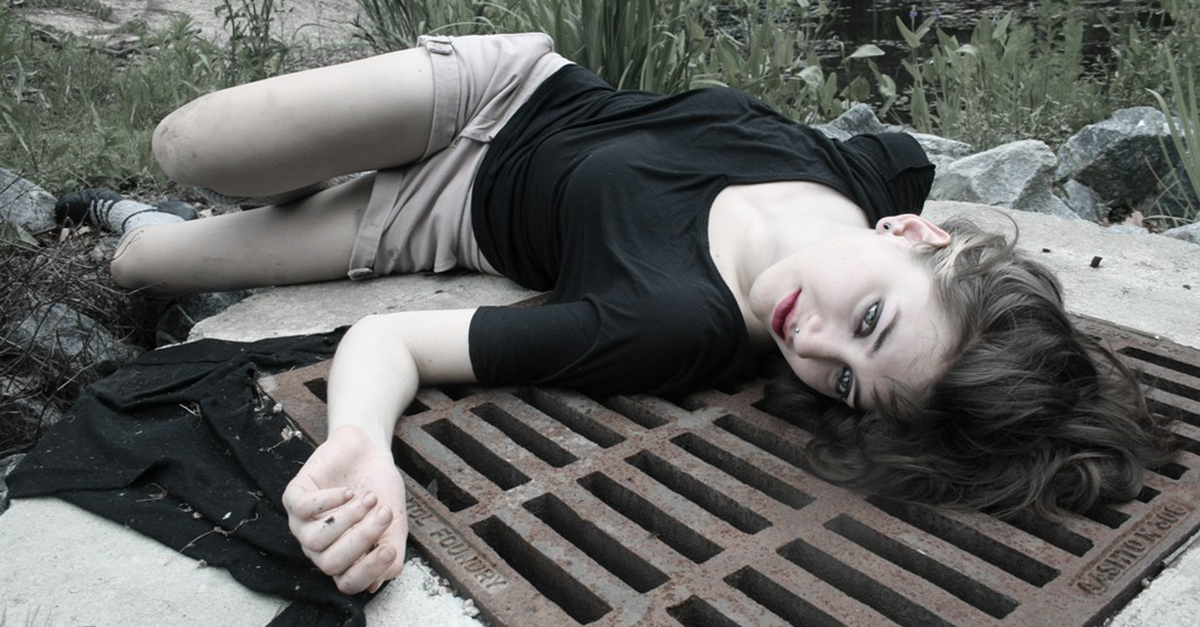Table of Contents
Certain conditions are seldom encountered by mental health professionals, and they may even need a modest refresher course to recognize and manage them. Most of us, however, have met at least one person who has a condition on this list of ten exotic mental health diagnoses.

Capgras Syndrome
Capgras syndrome, named after a French psychiatrist who first described the delusion of body doubles, is a psychiatric condition of misidentification. People who suffer from Capgras syndrome suffer the erroneous belief that another person, usually a close family member or a spouse, has been replaced by an impostor.
It is usually treated with antipsychotic medications although dementia patients may be treated with talk therapy to diminish mental disorganization.
Fregoli Syndrome
Fregoli syndrome was named after the Italian actor Leopoldo Fregoli, who was famous for his ability to change costumes in the middle of a play. Fregoli syndrome is the converse of Capgras syndrome. In this condition, there is a delusion that people close to the patient can assume the guise of strangers, or may "double" as angels, secret agents, the therapist, or the patient.
Like Capgras syndrome, Fregoli syndrome usually occurs in schizophrenics, although it can occur along with dementia, brain injury, or a seizure disorder. It is usually treated with antipsychotic medications.
Cotard Delusion
The Cotard delusion was named after French psychotherapist Jules Cotard, who identified a le délire de négation or a delusion that one has already died, or does not exist, or has decaying internal organs. One variation of the condition is a belief that one is invisible to others (but not as a superpower). This delusion is usually managed by treating the schizophrenia or other psychiatric or neurological problem accompanying it.
Reduplicative Paramnesia
Neurologist Arnold Pick, an early twentieth century investigator of Alzheimer's disease and other forms of dementia, identified a condition similar to Capgras syndrome only involving a belief that a place, rather than a person, has been duplicated, calling it reduplicative paramnesia. People who have this condition may believe that their current homes, childhood homes, or significant places have been copied and exist simultaneously in two locations. It is more common in people who have Alzheimer's or some other form of dementia, and usually is not managed separately from the underlying disease.
Alien Hand Syndrome
Alien hand syndrome is a belief that one's hand does not belong to the body and has its own life. The patient may claim "My hand did it," or refused to do something, taking no responsibility or ownership for the actions the patient makes with the hand.
See Also: Freak Conditions: Not A Laughing Matter
This condition most commonly occurs in people who have damage to the corpus callosum, which connects the left and right hemispheres to the brain, after stroke or traumatic brain injury.
- Bret S. Stetka, MD, Christoph U. Correll, MD. Rare and Unusual Psychiatric Syndromes. Medscape Emedicine. 26 June 2014.
- Photo courtesy of hunnnterrr by Flickr : www.flickr.com/photos/hunter-m/3561943322
- Photo courtesy of Michael Miller by Flickr : www.flickr.com/photos/millermz/14475582373


Your thoughts on this